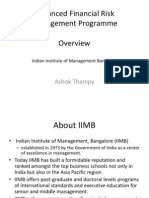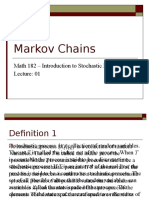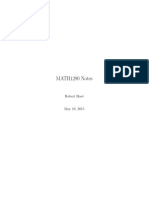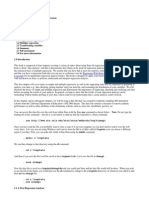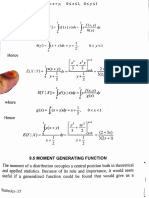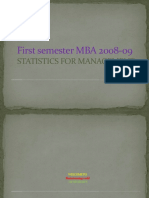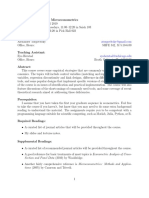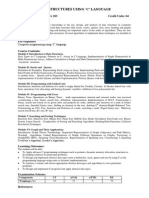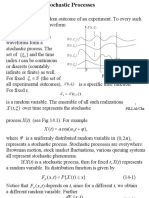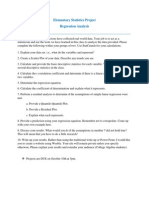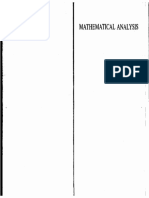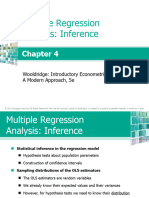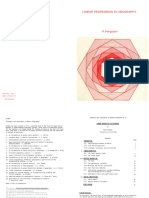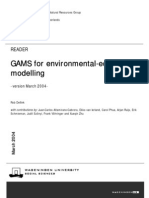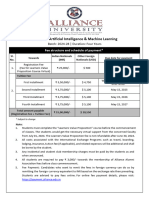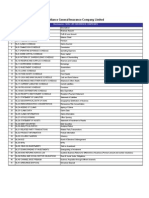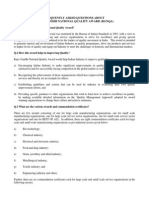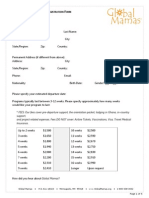0% found this document useful (0 votes)
111 views10 pagesBasic To Advanced GAMS Modeling2020-Compressed
This document provides information about a 5-day GAMS modeling course to be held from July 27-31, 2020 in Dillon, Colorado. The course is designed for those with basic GAMS knowledge or who need a refresher, and will cover topics from basic to advanced GAMS modeling techniques. It will help participants learn how to model firms, industries, economies and policy impacts more efficiently using GAMS. The course will be taught by Dr. Bruce McCarl, a leading expert in mathematical programming applications and GAMS modeling.
Uploaded by
Kailash SharmaCopyright
© © All Rights Reserved
We take content rights seriously. If you suspect this is your content, claim it here.
Available Formats
Download as PDF, TXT or read online on Scribd
0% found this document useful (0 votes)
111 views10 pagesBasic To Advanced GAMS Modeling2020-Compressed
This document provides information about a 5-day GAMS modeling course to be held from July 27-31, 2020 in Dillon, Colorado. The course is designed for those with basic GAMS knowledge or who need a refresher, and will cover topics from basic to advanced GAMS modeling techniques. It will help participants learn how to model firms, industries, economies and policy impacts more efficiently using GAMS. The course will be taught by Dr. Bruce McCarl, a leading expert in mathematical programming applications and GAMS modeling.
Uploaded by
Kailash SharmaCopyright
© © All Rights Reserved
We take content rights seriously. If you suspect this is your content, claim it here.
Available Formats
Download as PDF, TXT or read online on Scribd
/ 10









